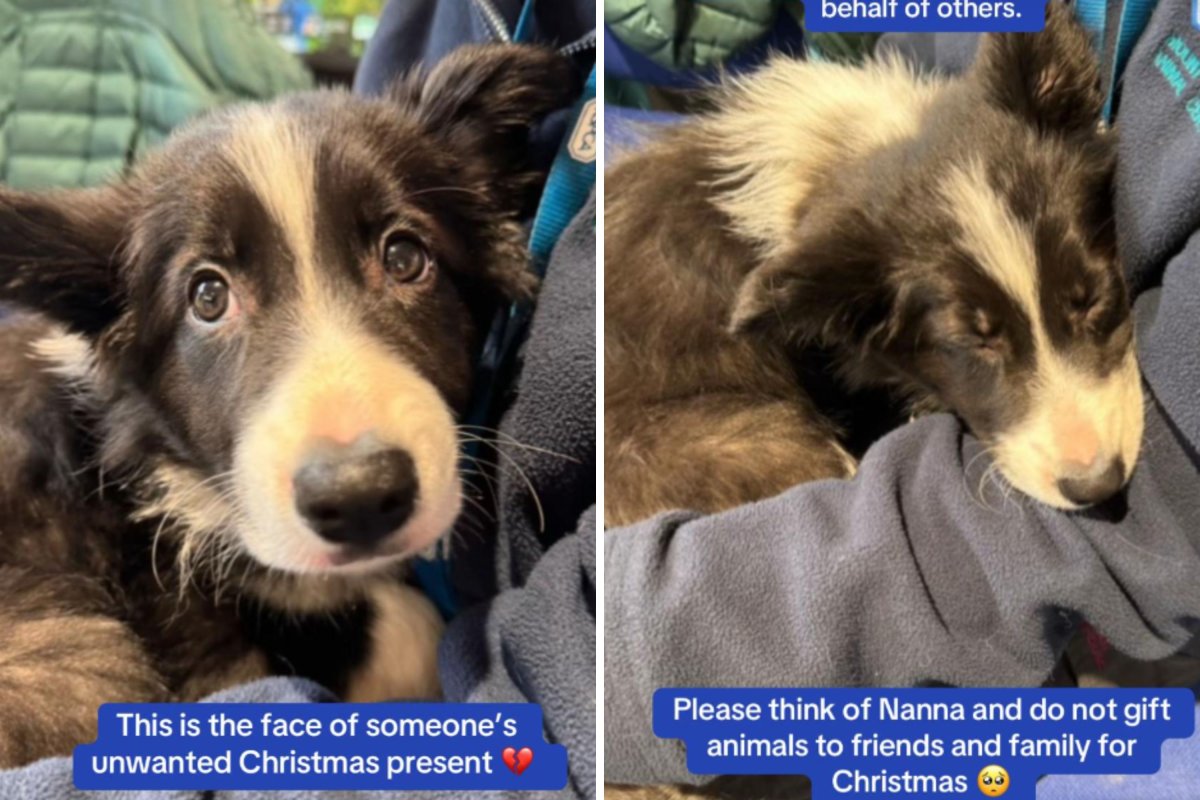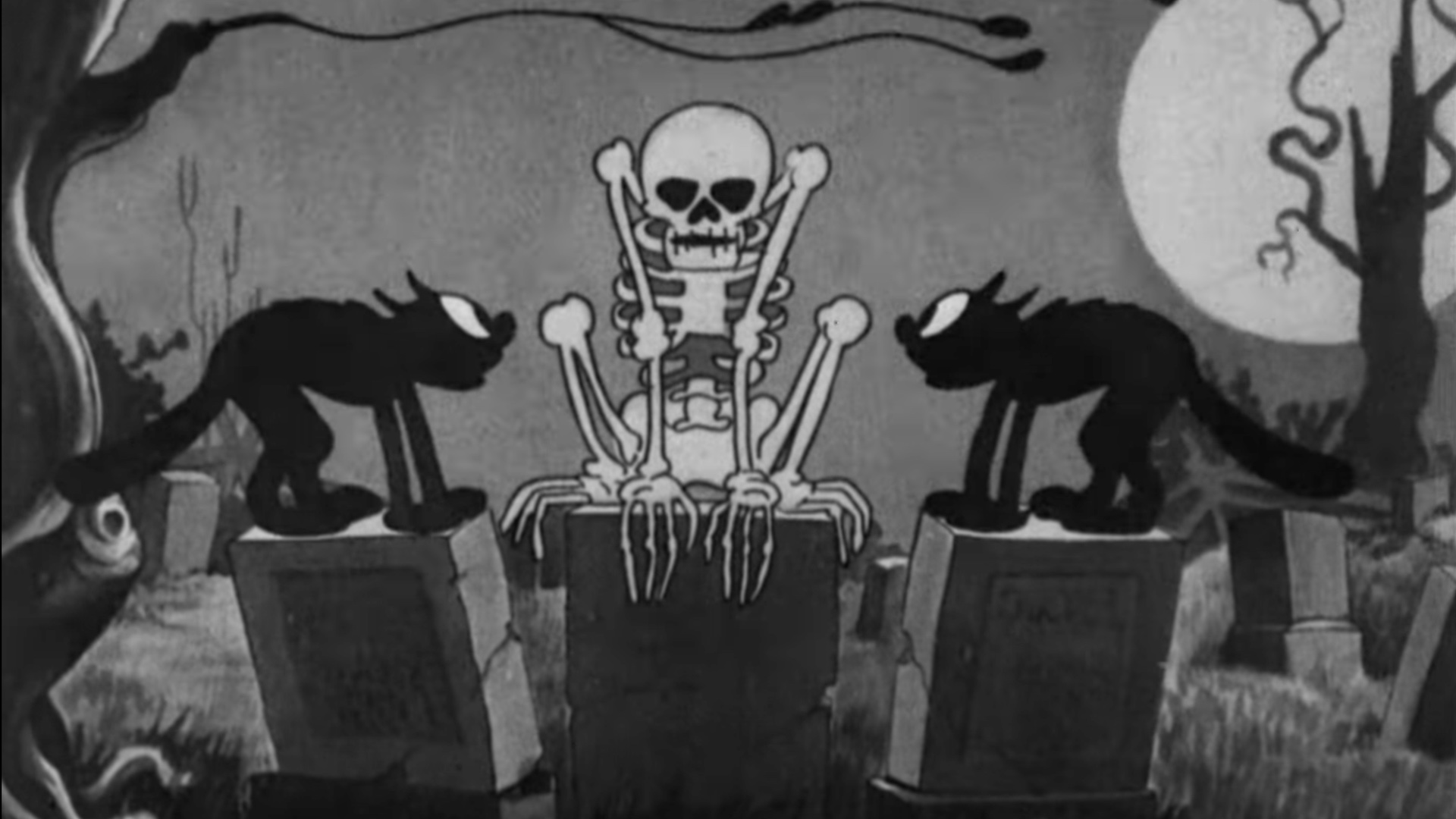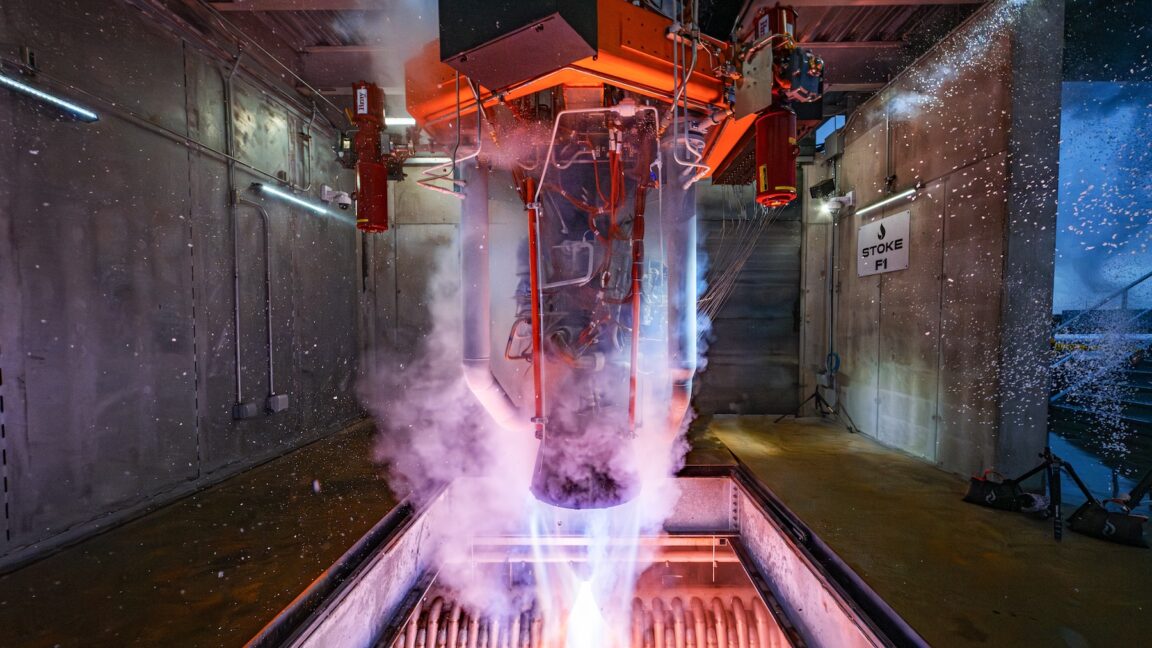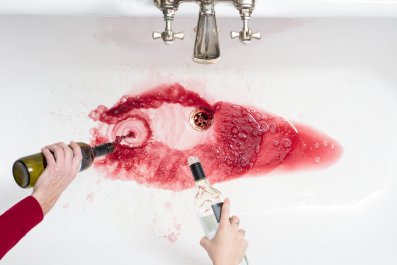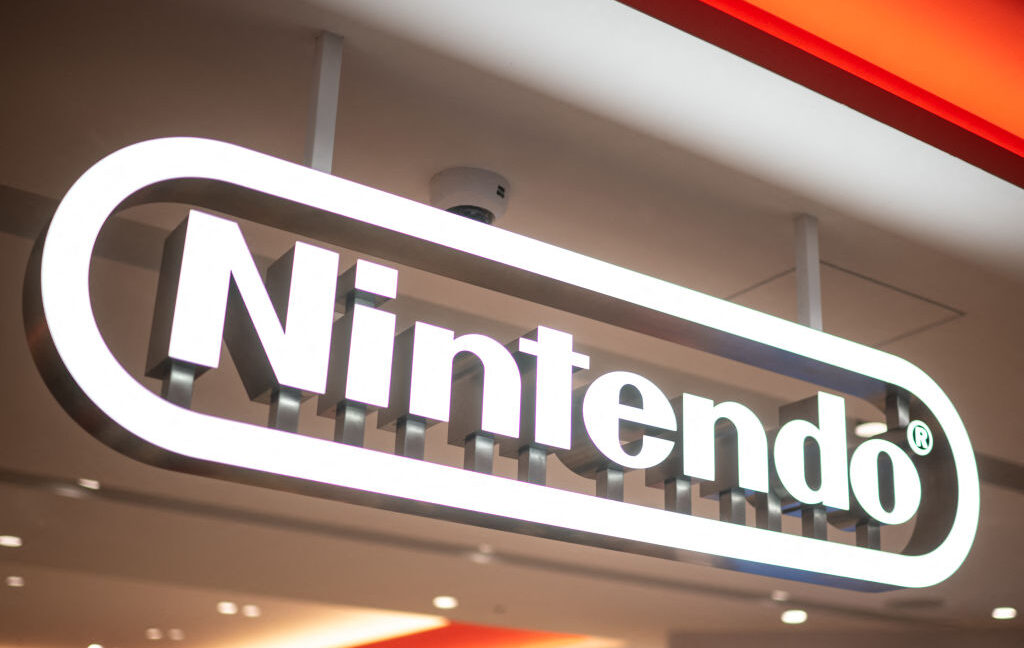Why Jake Cohen Doesn't Just Want You to Buy His New Cookbook, 'I Could Nosh'

By
H. Alan Scott
Senior Editor
Share
✓ Link copied to clipboard!

Jake Cohen's first cookbook, Jew-Ish (Harvest, 2021), was a perfect intro to the Instagram-famous cook. How to top it? It "was this mashup of everything I've done up to that point. The second book was starting from scratch." That's exactly what Cohen did with his new cookbook, I Could Nosh (Harvest, September), turning to family recipes for ideas. It's "this jumping-off point for inspiration of the way that the matriarchs of our family fed everyone they love." But to Cohen, just owning the book isn't enough. "To me, the book is not successful if everyone buys it, the book is successful if everyone buys it and cooks from it." This month, Cohen will team up with other influencers and Food Network stars for Foodie Con, part of the New York City Wine & Food Festival presented by Instagram, a first-of-its kind event. But Cohen's star status at Foodie Con is secondary for the self-described "clown," saying "when you can be part of anyone's journey, it doesn't matter, I don't care if you are a celebrity, an everyday person, anyone in between, I just want to help you cook." SUBSCRIBE TO THE PARTING SHOT WITH H. ALAN SCOTT"To me, the book is not successful if everyone buys it, the book is successful if everyone buys it and cooks from it."
ON APPLE PODCASTS OR SPOTIFY Editor's Note: This conversation has been edited and condensed for publication. Your new book, I Could Nosh, features your typical American comfort food really, but with a Jew-y twist. Was that intentional? One hundred percent, and the fact that you picked up on it is everything, because that's kind of what I really wanted to lean in on. This idea that our food [Jewish cuisine] is everyday food, our food is mainstream, our food is 100 percent modern and fresh and can be all of the things that we are seeing with every other culture that's getting celebrated. So to see that response from this book is exactly what I wanted. The challah pizza! I can't. Do you regularly partake in a challah pizza? Yeah, it's my mother's favorite thing in the world. I tell you, she goes crazy. The whole idea is you make your challah dough and [then] you have to do something else [too]. That could be the monkey bread for dessert or the chal-zone, you stuff it with soft cheese and pesto. It is so good and so stupidly easy. And all of a sudden, people think that you're this crazy prophet when it's not that difficult. Your first book was a great introduction to everything you do; was the second one harder to do? It's much harder to do the second because for the first you have this backlog of recipes that you've been making for so long. So much of the first book was this mashup of everything I've done up to that point. The second book was starting from scratch. I think one of the things that helped me the most that I really leaned into after I finished my first book was I started really focusing on cooking a lot of family recipes and going into my great-grandmother's recipe box, and a lot of recipes transcribed from my husband's aunt. Starting from there as this jumping off point for inspiration of the way that the matriarchs of our family fed everyone they love. I think that was the best thing I could have ever done, because it just was this magical connection to our families, to the way that we eat. In addition to starting to see these crazy parallels from recipes that were from the '50s or '60s or '80s and '90s and how we can so quickly make them feel so 2023. So that was really special. I feel like my mother's recipes largely came from magazine clippings. That's actually part of it. I think one of my favorite things is there's so many recipes that start with a clipping and then you start to see index card after index card of how these women have changed the recipe and they started doing this to it or that, and you see the evolution over years of what they did with all of these clippings and how they made them their own. And to me, that's the story and that's the magic. Of all the Jewish foods, which one do you think is the most mainstream? Bagels. And that is a touchy thing because it's not exclusively Jewish, but it is a dish that was brought to America and popularized by Polish Jews. And it's so integrated into the way that we eat breakfast and yet still so disassociated from being called Jewish. I always found that fascinating. But there's so many incredible stories and connections to Jewish foods that go mainstream. Part of it is just going along for the ride and just being happy that our food is still being preserved and celebrated. The world of social media and food has exploded, and you're obviously an example of that. How much work goes into creating your content? Your food budget must be insane. I will say, obviously, the book just came out, so I've been kind of on this campaign of every day, another post, like making a recipe showing people why they should be cooking from this book. Because to me, the book is not successful if everyone buys it, the book is successful if everyone buys it and cooks from it. So, selling the recipes is always first and foremost what I tried to do, and then sometimes I get burnt out and step away from it as a whole. And that's the best part; you can go and you can come back. That's the beauty of social. The food budget, I mean, yes, but at the end of the day, this is all the food that I'm eating. This is how I'm feeding myself and my family. And then I bring it to people and things and people's birthdays. I'm the kind of person that never shows up empty-handed. Because you are the person who loves "tea" and loves celeb, we're gonna talk. So, this week was a crazy week because I went up to Bedford [New York] to cook with Martha [Stewart]. And naturally, what, you show up empty-handed? Insane. I would never. I baked her a batch of my date brownies from the book, and I show up and we go into her kitchen. First of all, she's like, "Oh, do you want a cappuccino?" I was like, "yes." Then she's like, "Oh, do you want an egg?" And I was like, "oh, no, no." And then another friend of hers is like, "Don't say no when Martha offers you an egg." And she makes some scrambled eggs. Delicious. Then I cut up the date brownies, and she tried it. We got rave reviews, which was a blessing. But it was just one of those things where I'm always cooking. I'm always creating. But it always serves a dual purpose. So to me it's never at a loss. And Martha is the type of person who is going to tell you like it is, but in the classiest of ways. When I tell you I've never felt so comfortable, I've never felt so in awe of someone. And at the same time, the radical candor she does with everyone around her is incredible. For me, I love watching online food content, but actually executing it is terrifying. Either it looks too hard or I don't have the space, etc. What sort of advice do you give people who might be afarid to execute something yummy they see online? Yeah, it's a very much like a Cher in Moonstruck moment, just like slap across the face, "Snap out of it." I think that's something that I do constantly. It's funny because we get into this conversation the week the book just made the Times bestseller list, why are cookbooks mashed up [with others]? Because we have to go against all self-help books and it's funny because on one end, it doesn't make any sense. But on the other end, a cookbook very much is a self-help book. And my job is to inspire you to find the confidence to cook to know that it's going to come out great, to know that you have it within your capacity to entertain, to make something that you've never made before. And there is something really kind of magical about that. So, it's not lost on me that it is so much work to push someone over the edge from just viewer to cook. Let's be real, online food content can also be sexy, and we're friends, I see the arms show kneading that dough. So I say all that to ask, where did the "shove it your face" line come from? It came in the very beginning. And the whole reason is that I'm a clown, I don't take myself very seriously. And I think what happened was, when these videos started, and people doing these cooking videos on social, everything would be so precious. And when I would do my videos, I never would plate it, because I would always be serving it to people, or it's food that would be going to the table immediately. I'd be filming it quickly, so the last shot would never be me on a plate sitting down taking a bite. It'd be me taking a fork into the pot or into whatever I'm doing, and just taking a big bite because that's what I do. When I started doing the voiceovers, people would always make fun of how I inhale food, and so I was like, "shove it in your mouth." Because that's what you're doing. You put in the work. You got a great dish. Now eat it. Do people say it to you at events and stuff now? People say it to me. You know whose favorite thing it is? Literally, when she blurbed my book she even put it in: Katie Couric. She loves that phrase. Of course she does! I love it. There is sort of this blend between celeb culture and influencer culture kind of teaming up, especially when it comes to celebs wanting in that social space. How has this impacted what you do? Yeah, the closest thing I could say is I'm like the Food Network's Kathy Griffin—and I'm obsessed with her, I'm obsessed with My Life on the D-List, all of her shows. And she really was a master at talking about celebrity culture very much in a Joan Rivers way. That was so incredible and never felt thirsty to me. It always felt like an insider view to a world that was different. And I think what we're seeing now is this intersection of the social sphere with traditional celebrity sphere, because we just have the viewership that is so large; naturally, celebs are grouping into that. So when you start having people, especially when you're doing something like food, everyone loves to cook. I'm not gonna say [their name], but I will say a big celebrity texted me and asked for some copies to gift to like A-list celebrities. And it was just one of those things where you remember they're just people and everyone loves food. Everyone loves to cook. So when you can be part of anyone's journey, it doesn't matter, I don't care if you are a celebrity, an everyday person, anyone in between, I just want to help you cook. Obviously, when I get to do that with someone who's creating art that I love, that is the best. When you have this world of mutual respect, like you have influenced me, let me help you. So there was something really magical about that. What are you looking forward to about Foodie Con? It's actually a perfect example of what we were just talking about, this crazy intersection of the traditional figures from Food Network that are so important to something like the New York City Wine [and] Food Festival, and how they've integrated this new wave of people on social that have these huge audiences. Everyone wants to meet, everyone wants to hang out with everyone who wants to cook. So why not throw the two together? For crazy events?
Read more
- Crime Junkie's Ashley Flowers' passion for true crime lets her 'give back'
- Survivor's Jeff Probst Reveals the Key to Winning: 'Heart'
- Reba McEntire physically 'can't be a mean judge' on NBC's 'The Voice'
Request Reprint & Licensing
Submit Correction
View Editorial Guidelines
To read how Newsweek uses AI as a newsroom tool, Click here.

